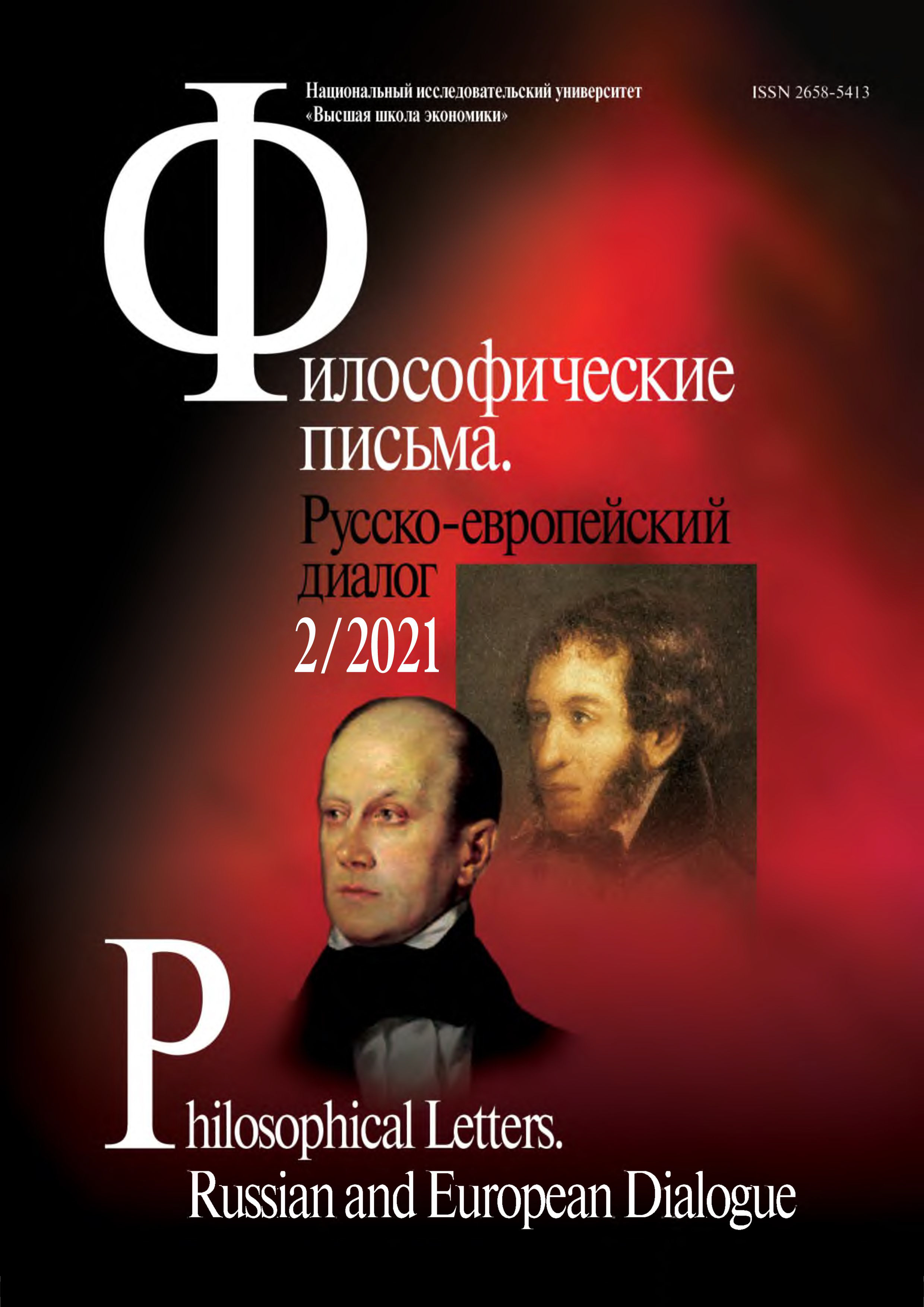“Crime and Punishment” as a Cryptonovel about a Russian Revolutionary
Abstract
The article demonstrates that the usual interpretations of the novel Crime and Punishment are fundamentally erroneous, since they do not take into account the fact that it was created under conditions of censorship. To assume that the author’s intention has been accurately expressed in the published text is but imprudent. Dostoevsky resorted to Aesopian language on many pages, hiding the fact that his novel was in many ways a response to the “What Is to Be Done?“ by Chernyshevsky. Like the latter, Dostoevsky discusses the burning question: who are Russian revolutionaries? Raskolnikov is interesting to him not as a criminal, but as a talented person infected with Western revolutionary ideas. Dostoevsky imagines the revolutionary as a terrorist arrogating to himself the right to stand above the law, not only human, but also natural one, deciding on his own who will live and who will die. The revolutionary supposedly seeks to bless humanity, but in reality he longs for power over the “human anthill”. Pisarev gave a polemical answer to this line of the novel. He insisted that Dostoevsky described as revolutionary a person of completely different social type and that shedding of blood will be by no means an obligatory feature of the approaching revolution.

